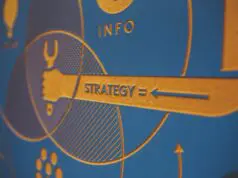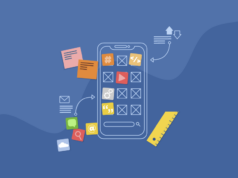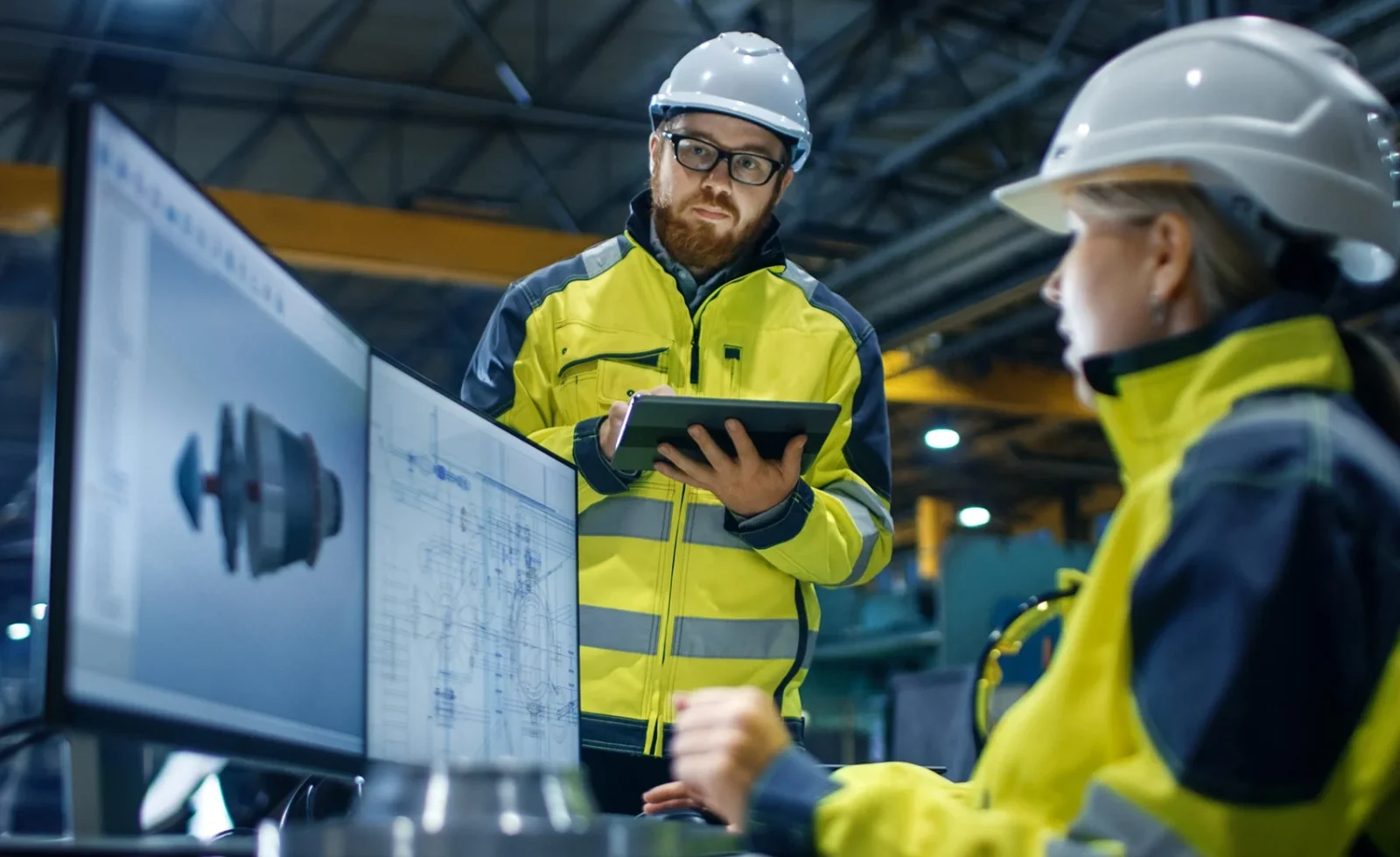
Did you know that the global construction industry will be worth 10.5 trillion dollars by 2024? Several factors will facilitate this growth, one of them being an increase in demand for residential units. The demand for residential units will be due to increased urbanization.
As the construction industry grows, so will the use of technologies such as AI, machine learning, and drones. These technologies will help increase productivity, reduce risks, and, most importantly, increase profits. However, for this article, we will only discuss how artificial intelligence (AI) has helped revolutionize this industry.
AI technology
AI is a system that uses algorithms or machine learning to mimic human intelligence and solve problems or perform tasks that commonly require manual labor. An example of this is having an AI chatbot designed to understand customer problems and provide automated responses and solutions to various inquiries.
AI has also played a key role in construction, helping contractors design, bid, and construct large projects.
8 types of AI used for construction projects
AI has also made it possible for general contractors and property developers to overcome challenges such as labor shortages, cost overruns, and safety concerns. There are several types of AI technologies used in the construction industry.
1. AI for construction optioneering
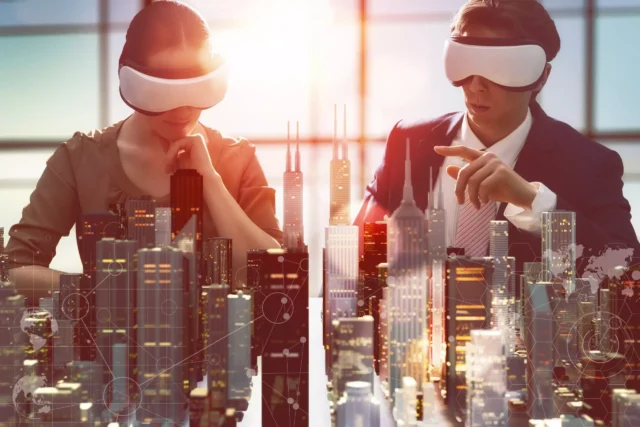
Optioneering is a term used by contractors to describe various options or alternatives that can
best be used to solve major construction challenges. An optioneering platform like alicetechnologies.com helps general contractors create customized simulations of project outcomes to facilitate better planning and scheduling.
This helps contractors to reduce risks because they can gauge which alternative or option will help achieve their goals faster and more economically. AI-based optioneering platforms also save developers time because they can solve complex mathematical equations.
2. AI to prevent cost overruns
In the construction industry, a cost overrun happens when the total cost of constructing a project exceeds the set budget. More financing from the developer increases the cost of construction, ultimately reducing the return on investment.
Construction companies use AI specifically designed to prevent these situations. These platforms avoid cost overruns by using contract type, project duration, cost of materials, and inflation rates to advise whether the task is feasible. By using AI-based platforms, contractors can be able to identify cost overruns before they stall the project.
3. AI for post-construction
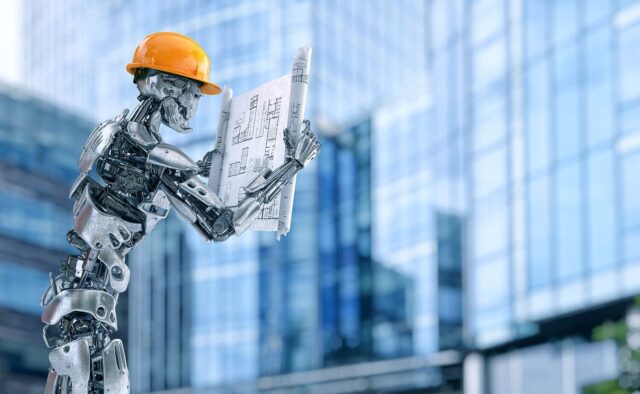
Post-construction is the final phase of construction, whereby a finished building undergoes various checks to ensure it is ready to be handed over to the client. Usually, a contractor will use a manual checklist to ensure essential tasks specified within the contract are met. Architects, engineers, and contractors ensure regulatory specifications are met during this phase.
AI platforms collect data using drones and wireless technology to provide valuable insights to developers about the performance of a road or a building. Using this data, they can then identify problems and make preventive recommendations to improve safety and security.
4. AI for 3D modeling and designs
AI platforms in the construction industry are capable of building 3D models. A 3D model is a mathematical representation of a 3D dimensional shape or object. 3D platforms enable architects and contractors to be more experimental and creative. These models truly help bring a vision to life.
In addition, 3D AI platforms have made it easy for architects to identify potential design flaws that could have otherwise been expensive to rectify. 3D technology can also be beneficial for client relations as it becomes much easier for all parties to visualize what the end project will look like.
5. AI to increase construction safety
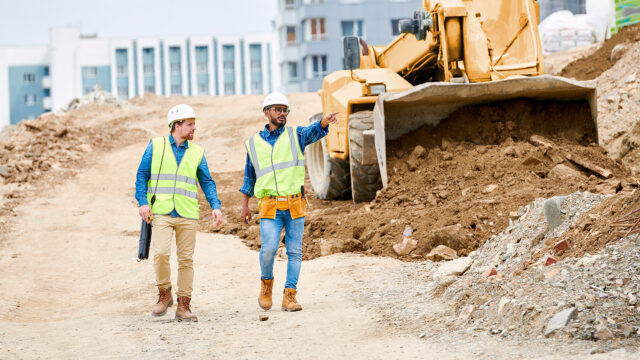
As a building contractor, safety should always be the primary priority. AI construction safety tools use algorithms that analyze photos of a job site and identify potential health/injury risks. This is particularly important on sites where heavy objects and suspending structures are present.
Once photos are analyzed, the platform will make recommendations on how to increase safety on the construction site. Other AI-based platforms are integrated with drone technology that can be used to monitor whether workers are stealing materials. The platform can also detect unsafe working conditions such as overcrowding and spillages.
6. AI for risk mitigation
There are AI platforms that have been designed to mitigate construction risks and prevent delays. These platforms analyze an entire project from start to finish and assign tasks with priority levels to concerned personnel. AI risk platforms can also identify unproductive workers and advise on how many hours of work are needed to meet prearranged timelines.
7. AI for project planning
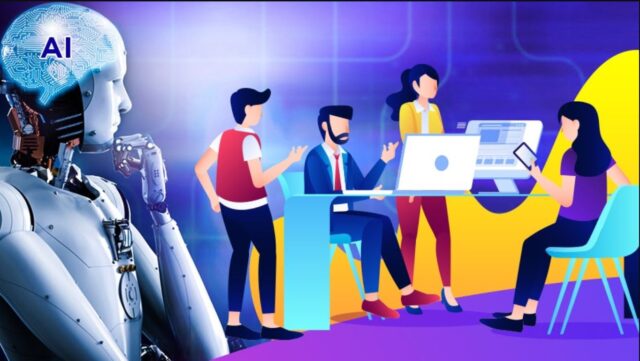
Other AI platforms assist in project planning which helps reduce risks and recover a stalled project. These platforms rely on inputted data to develop logical recommendations about a project. Another way they help with project planning is by enabling the user to change the resource options based on their current capacity.
8. AI to increase productivity
Some AI platforms are designed to increase productivity in the workplace. One way they do this is to use self-driving construction machinery to perform tasks that can be done without human intervention. An example of such a task is welding or bricklaying. Other AI platforms also use facial recognition and on-site cameras.
Apart from AI technology, construction managers also use technologies such as drones to increase productivity and efficiency. Drones can be utilized to survey maps and aerial images of a job site.

